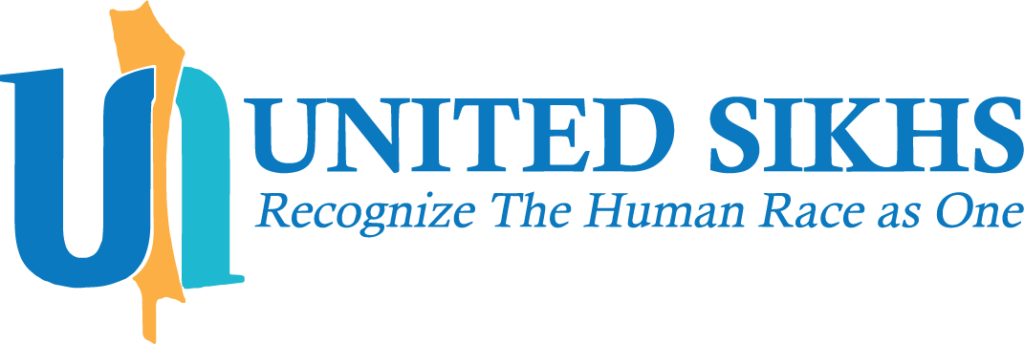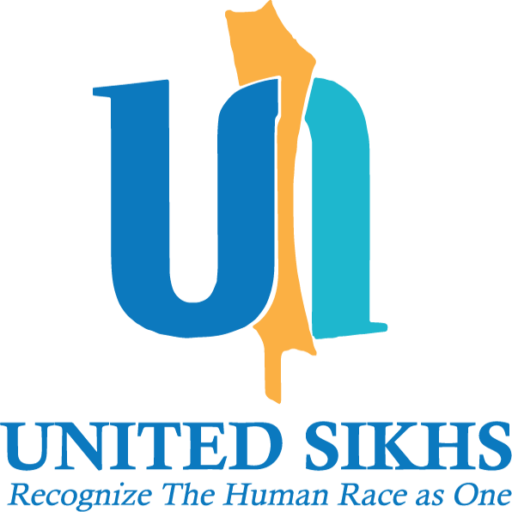Sikhs in the Workplace: UNITED SIKHS Works with Individuals and Government Agencies to Protect the Rights of Sikhs Against Employment Discrimination

Highlights:
- UNITED SIKHS has partnered with the Equal Employment Opportunity Commission (EEOC) to provide Panjabi and Hindi translations of EEOC materials so that the Sikh community can be better informed about their rights in the workplace.
- UNITED SIKHS has been working across the nation to assist Sikh employees who believe they have been discriminated against in filing complaints with the Equal Employment Opportunity Commission and state administrative bodies.
- If you feel you have been discriminated against and have questions about what to do about it, please contact law-usa@unitedsikhs.org.
- Please Be Involved, Click here to get started!; To receive forthcoming bulletins join our UNITED SIKHS Yahoo group; To donate go to www.unitedsikhs.org/donate.
New York, NY: In 1964, the passage of the Civil Rights Act ushered in a new era in the United States -an era in which the federal government would begin to take positive steps towards protecting minority rights by making racial and other forms of discrimination illegal.
The Civil Rights Act provides protection against discrimination in the work place. Title VII of the Civil Rights Act prohibits employment discrimination on the basis of race, color, religion, sex, or national origin. In order to implement this law the Equal Employment Opportunity Commission (EEOC) was created (to read more about other federal laws prohibiting discrimination in the work place click here). The EEOC provides a complaint process through which individuals can file federal complaints if they feel they have been discriminated against (to learn more about the complaint process click here, if you are a federal employee, click here).
Although great progress has been made, employment discrimination remains a significant problem for many minority communities, including Sikhs. Recently, the UNITED SIKHS legal team has assisted several individuals who have faced employment discrimination and helped these individuals file complaints at both the state and federal administrative level.
UNITED SIKHS CASES:
- Security Firm in California
- In California, two security guards, the only Sikhs at their work site, were without warning told not to return to the work site -under circumstances which led them to believe that they were discriminated against on the basis of their religious identity.
- UNITED SIKHS assisted them in filing complaints at the state level (which in California is through the Department of Fair Employment and Housing) and the federal level (through the EEOC). Currently their cases are being investigated.
- Fast Food Chain in California
- An employee at a fast food restaurant was told they must remove their turban in order to work there. Through advocacy and dialogue with the employers, the UNITED SIKHS legal team and a sevadaar in California (Manpreet Singh) were able to reach an agreement in which the employee would continue to be allowed to work at that location without sacrificing her religious identity by being forced to remove her turban.
- JFK Airport in New York
- In New York, a federal employee was told that in order to remain employed, he must remove his kara. UNITED SIKHS filed a complaint with the EEOC and is currently working on resolving this case, which has completed the investigatory phase.
Sikhs are particularly at risk of being discriminated against in the work place because of the articles of faith that are fundamental tenets of the practice of Sikhism. UNITED SIKHS works tirelessly to negotiate policies of religious accommodation for Sikh articles of faith in work places, public facilities, schools, universities, and testing centers (for information about our most recent religious accommodations victory, click here). Title VII of the Civil Rights Act provides an invaluable tool for redress if you have been discriminated against, and laws like the End Racial Profiling Act seek to end the types of institutional intolerance that contributes to employment discrimination.
What we are doing: In addition to case work, UNITED SIKHS works at the policy level to protect your rights. We have provided Panjabi and Hindi translations to the EEOC for their Know Your Rights Pamphlets (to view the Panjabi translation click here, for the Hindi translation, click here), so that more members of the Sikh community can learn about what to do if they feel discriminated against at the work place.
The UNITED SIKHS legal team has presented the issue of employment discrimination against Sikhs at government interagency meetings in Washington, DC and also addressed this issue in one on one meetings with Congressional offices. Most recently, UNITED SIKHS hosted the Sikh Summit and employment discrimination was one of the main issues discussed with over 30 Representatives (from the House and Senate) & their staffers (for more information about the Sikh Summit, click here).
But what can you do? Raise your voice! Educate others about Sikhism. Educate yourself about your rights & responsibilities as an employee or employer. UNITED SIKHS is continuing to work with lawmakers and like-minded organizations to combat employment discrimination throughout the nation. Want to learn more and get involved? Contact us by clicking here! Donate to our ongoing work by clicking here!
What can YOU do?
- Know your rights and raise your voice! To view the EEOC’s pamphlets on employment discrimination in English click here, Panjabi click here, or Hindi click here.
- If you feel that you have been discriminated at the work place or in the hiring process because of your religious identity, do not stay silent. Contact the EEOC by clicking here and e-mail UNITED SIKHS legal team at law-usa@unitedsikhs.org
- Participate in education and awareness efforts about Sikhs and Sikhism. For ideas, tools, and more information on how to get involved, contact us at: law-usa@unitedsikhs.org.
Support advocacy work to put an end to discriminationagainst Sikhs at the workplace.Volunteer with UNITED SIKHS, and Donate to our civil rights advocacy projects.
Issued by:
Ilana Ofgang
Legal Fellow
law-usa@unitedsikhs.org

